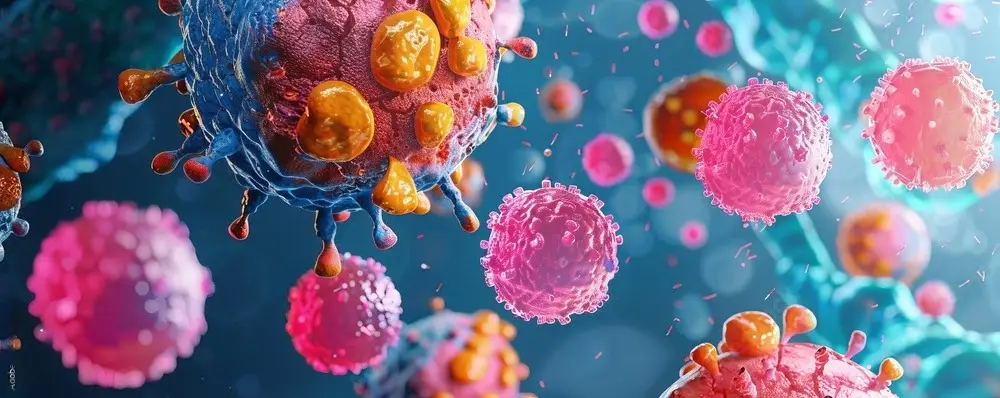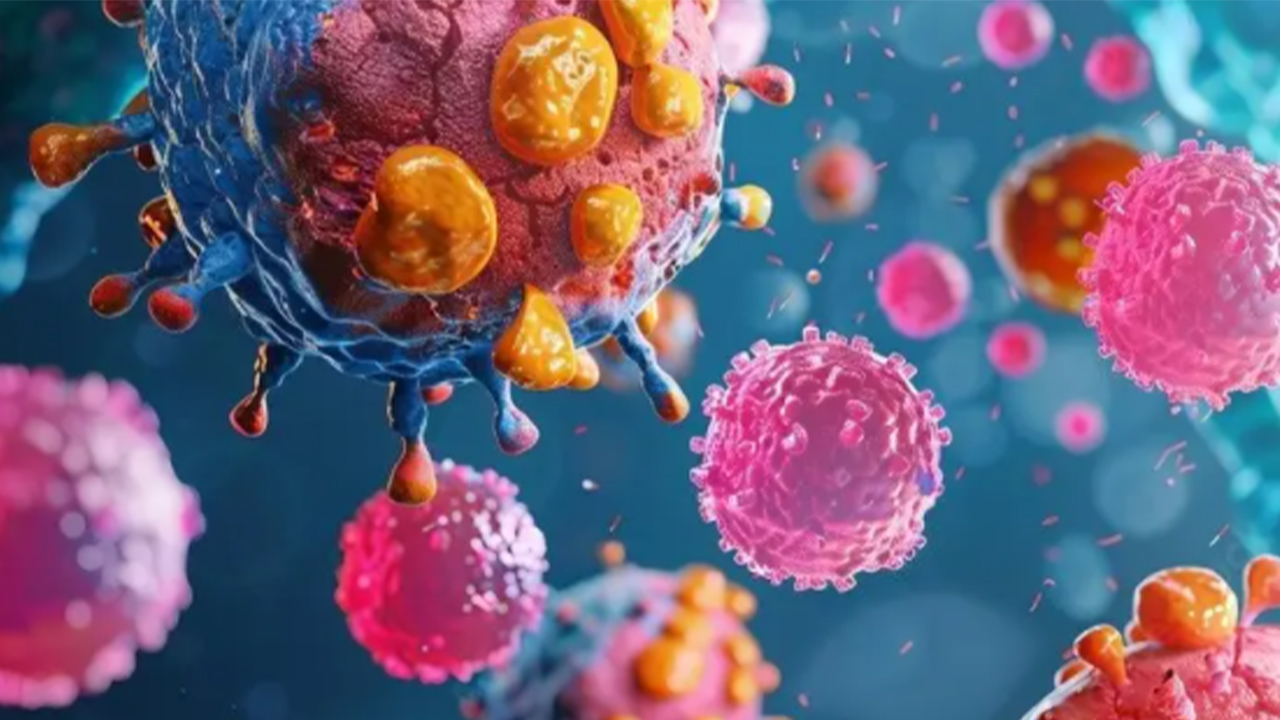
Recently, the fenbendazole protocol has drawn attention as a possible non-traditional cancer patient treatment alternative. Originally an antiparasitic medication for animals, fenbendazole is under research for potential anticancer action. The scientific support for the fenbendazole technique as well as its details is investigated in this work.
Understanding the Fenbendazole Process
Mostly used in animals to cure parasite infections is fenbendazole. Still, first research and anecdotal evidence hint to potential anticancer properties. Usually combined with vitamins and minerals to optimize its efficacy, the operation consists in specifically dosages of fenbendazole.
The Chemistry of Fenbendazole
Fenbendazole is becoming more and more interesting for cancer treatment since it can tamper with microtubules—essential components of cell division. This disruption could possibly halt cancer cells from growing. Moreover shown to cause death is fenbendazole, which instructs cancer cells to die thereby halting the progression of the disease.
Though most of the evidence is anecdotal and derived from preclinical studies, several cancer patients have reported dramatic changes after the fenbendazole treatment. Although additional research is needed to verify the effectiveness and safety of fenbendazole in cancer therapy, these findings are not yet validated by notable clinical trials.
Add fenbendazole to cancer treatment.
Cancer patients considering the fenbendazole course should see a doctor before starting any new treatment. One should prevent adverse effects from self-medication; fenbendazole should not replace approved cancer therapies including radiation or chemotherapy.
Medical professionals can provide guidance on the correct dosage and track to follow in case of side effects. Moreover, they can aid mix fenbendazole with current medications to maybe increase overall efficacy.
In essence, ending
One amazing area of research in non-traditional cancer treatments is fenbendazole regimen. Although early results are positive, cancer patients should approach this treatment carefully under expert supervision. The real value of fenbendazole as component of a whole cancer treatment plan will primarily rely on continuous research and clinical investigations.
References:







2 Comments
After chemo caused kidney to start failing…and immunotherapy broke apart my red blood cells….doctors didn’t offer much hope for me. I have pancreatic cancer inoperable stage 4.
Was given 3-6 months to live one year ago. I take fenbendazole, what have I got to lose?
Hi Elster, I am really sorry for your situation. Let me answer you with a case study.
In January 2023, a 60-year-old patient was diagnosed with inoperable stage 4 pancreatic cancer. Following standard treatments including chemotherapy and immunotherapy, the patient experienced severe adverse effects: chemotherapy induced kidney failure and immunotherapy caused hemolysis of red blood cells. Faced with these complications, the medical prognosis was bleak, and the patient was given an estimated 3 to 6 months to live.
In a bid to explore alternative options and faced with limited conventional treatment success, the patient began self-administering fenbendazole. The patient opted for this unconventional approach after reading anecdotal reports and emerging studies suggesting potential anti-cancer properties of fenbendazole.
The patient adhered to a regimen of fenbendazole, taking a dose of 222 mg daily. The treatment was complemented by other supplements such as vitamin E, curcumin, and CBD oil, aimed at supporting overall health and potentially enhancing the efficacy of fenbendazole.
One year into the fenbendazole regimen, the patient exceeded the initial prognosis of 3 to 6 months. Throughout this period, several notable observations were recorded:
– Quality of Life: The patient reported improved energy levels, reduced pain, and a general sense of well-being, contrary to expectations given the advanced stage of the cancer.
– Disease Progression: Periodic imaging and blood tests indicated a stabilization of the disease. There was no significant increase in tumor size, and in some cases, minor reductions in certain metastatic sites were observed.
– Kidney and Blood Function: While the kidney function remained compromised, it did not deteriorate further. Blood tests showed a gradual normalization of red blood cell counts over the months.
Cf: You can check these reference for more informations:
– Dogra, S., Sreenivas, A., & Vashishtha, V. M. (2019). “Repurposing Fenbendazole as an Anticancer Agent: A Potential Therapeutic Option for Cancer Patients.” Journal of Cancer Research and Therapeutics, 15(5.
– Loffler, M. W., Schuster, H., Bühler, P., & Beckhove, P. (2020). “Potential of repurposed drugs in cancer therapy: Fenbendazole and beyond.” Frontiers in Pharmacology, 11, 635.
– Pan-Montojo, F., Schwarz, M., & Winklhofer, K. F. (2010). “Treatment of pancreatic cancer with benzimidazole anthelmintics: Impact on cell viability and angiogenesis.” Cancer Cell International, 10(1), 1-10.
– Gurusamy, N., & Alsayari, A. (2020). “Fenbendazole: A Repurposed Drug for Cancer Therapy.” Anticancer Research, 40(8).